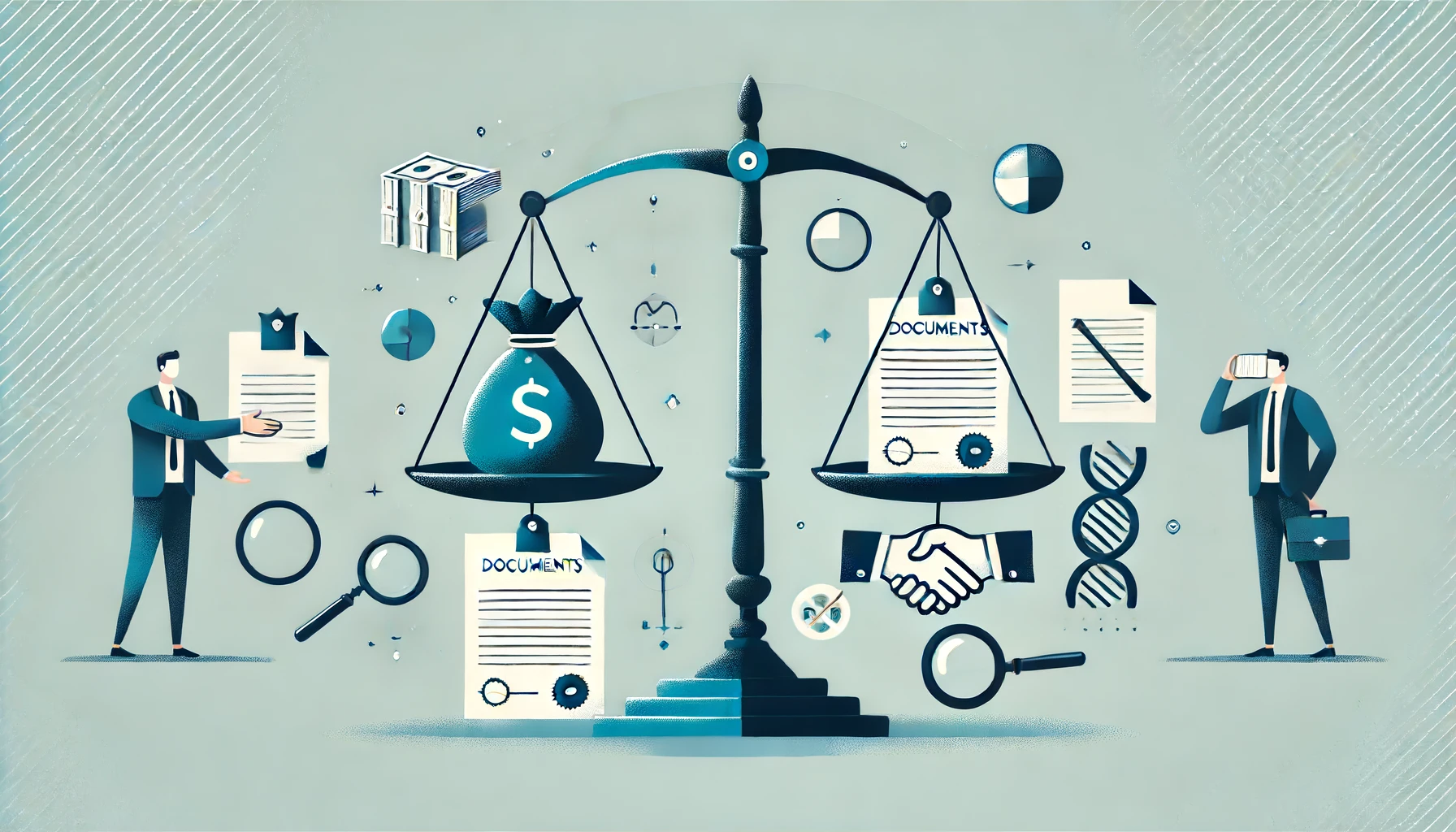In California, if you are injured in an accident and will no longer be able to work, you can seek damages for your lost earning capacity as a part of your personal injury case. By definition, lost earning capacity is work-related income lost in the future because of the injury.
Lost earning damages refer only to the reasonably certain income you will lose throughout your life because of the accident. If your injury leaves you unable to earn a living or forces you to earn less than you previously had, you may be entitled to compensation.
Please reach out to us online or call (209) 600-4389 today for a free consultation.
Our California injury attorneys are ready to assist you.
Lost Earning Capacity vs. Lost Wages
Lost earning capacity damages are separate and apart from lost wages. While California law allows a plaintiff to recover both damages, what you may be entitled to will depend on your circumstances.
Income earned from the time of your injury and the initiation of your lawsuit or signed settlement will be considered lost wages.
On the other hand, lost earning capacity compensates accident victims for future wages they stand to lose due to being unable to work. It is the amount you would have reasonably earned throughout your life if the injury had not happened.
Unlike lost wages, lost earning capacity damages can be challenging to calculate and prove because they are losses that have not yet happened and will, to some degree, remain uncertain.
What Types of Income Are Considered “Lost Future Earnings”?
According to California civil jury instructions, CACI 3903 and CACI 3903c define lost earning capacity as the difference between what you would have earned had you not been injured and what—if anything—you will earn given your injuries.
Lost earning capacity damages extend far beyond just your paycheck and can include the following:
- Salary;
- Hourly wages;
- Overtime pay;
- Bonuses;
- Commissions;
- Raises;
- Vacation, personal, and sick days;
- 401k or other retirement benefits;
- Healthcare benefits;
- Profit-sharing contributions;
- Self-employment income; and
- Any other lost benefit (e.g., company car, employer-provided meals).
When estimating or determining lost future earnings, it is essential to consider all money, benefits, and perks.
How Do You Calculate a Loss of Future Earnings?
Calculating anticipated loss of earnings can take a lot of work. You must consider many uncertain variables. However, despite it being challenging, you are entitled to recover lost future earnings if your injury renders you unable to earn a living.
Every case is unique, and one person’s lost earning capacity might drastically differ from someone else’s, even if they have similar injuries.
Factors that can affect the calculation of these damages include, but are not limited to:
- The plaintiff’s age;
- The plaintiff’s life expectancy before the injury;
- Whether the injuries are permanent or temporary;
- Anticipated length of recovery;
- If the plaintiff is expected to make a full recovery;
- If the plaintiff will be able to return to their previous employment,
- The plaintiff’s health and any pre-existing conditions before the injury;
- The plaintiff’s earnings before the accident;
- Was their income fixed or performance-based;
- Anticipated opportunities for raises, promotions, and bonuses;
- The plaintiff’s long-term career goals and interests;
- Anticipated professional goals and milestones (e.g., an amateur athlete expected to go “pro”);
- The plaintiff’s performance reviews;
- The number of working years before the plaintiff is likely to retire;
- Anticipated retirement benefits; and
- Any other factors that might be relevant to the plaintiff’s financial future.
Remember, this list is not exhaustive, and no one factor will be the determining factor. Instead, when considering all relevant factors, what does the plaintiff’s lost future earnings look like?
For instance, while the plaintiff’s age is a significant factor, it is not the only one. Typically, you would expect someone injured and unable to work at 25 to have a much greater lost earning capacity than someone who is 55 at the time of their injury.
However, it is possible that the 25-year-old was only expected to earn minimum wage over the next 40 years, and the 55-year-old was expected to earn a six-figure salary over the next ten years. In such a situation, the 55-year-old’s lost future earnings may be significantly more significant than the 25-year-old’s.
Diminished Earning Capacity
Often, lost future earnings are not all or nothing. You may be able to return to the workforce at some point and in some capacity, but it might be in a different role, resulting in a reduced income.
If you experience a decrease in your income because of your injuries, you can seek the difference in damages. For instance, you may be able to resume the same job title and duties but can only work part-time and can no longer be employed full-time.
It is also possible your injury leaves you unable to work in the same field altogether, and you must take another job or career path that earns much less. No matter the situation, if you will earn less throughout your life because of your injury, you can seek compensation for diminished earning capacity.
How to Prove Lost Earning Capacity in California?
As the plaintiff, you must prove your damages, including lost earning capacity.
Evidence that you can use to prove future lost earnings includes:
- Proof of past income (e.g., tax returns, pay stubs);
- Testimony of the plaintiff’s employer;
- The plaintiff’s doctor’s testimony, records, and reports;
- A vocational rehabilitation expert;
- An economist or financial professional; and
- Friends, family, and those closest to the plaintiff.
Importantly, it is not necessary to have an extensive work history. You are also not required to be a professional or expert in your field to recover lost future earning damages. For instance, a teenager with no work history can still seek compensation for lost future earnings if it is reasonably certain they will never be able to work and earn a living.
Contact Our California Personal Injury Lawyers for Help
If you are considering suing for loss of potential income, we strongly encourage you to call our experienced team at Silva Injury Law. We never charge upfront fees or costs and work tirelessly to achieve the best possible outcome for each client.
Contact us online or call (209) 600-4389 today for a free consultation.

















 EMAIL
EMAIL  Ask AI
Ask AI  Access
Access